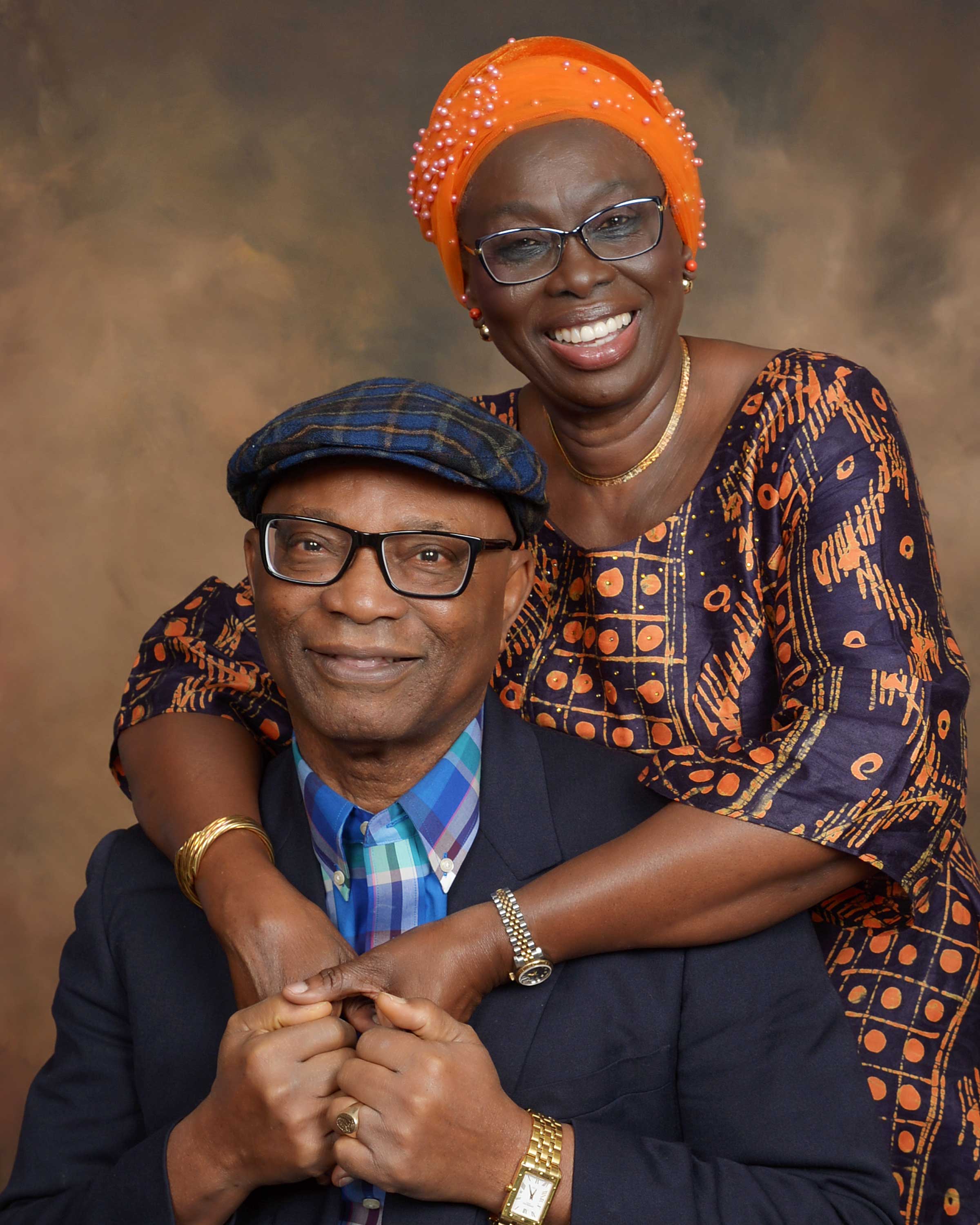Founder’s Page

Olumuyiwa Talabi and wife, Jejeola Talabi
How It All Started
When I was first diagnosed with diabetes mellitus (diabetes for short) in 1984, I did not attach any importance to the diagnosis. I just took diabetes as one of those diseases that will get cured after taking prescribed medications. With these high hopes, I set out to look for a cure from far and near. Unfortunately, everywhere I went I got an unmistakable response of “NO CURE”! (It was in this process that I got to know that diabetes per se, is not a disease; but the manifestation of a diseased or compromised organ (the pancreas) of the body). Although this response to my search was devastating since I know that diabetes kills, I was encouraged by the assurance given by all that I can effectively manage the situation and live a fulfilled life as long as I wholeheartedly:
1. Accept my condition.
2. Take my medications regularly.
3. Stick to professionally advised life-style changes including regular physical exercises and healthy eating.
Faced with this reality, I came to terms with my state of health, religiously continued to take my medications, and as a matter of routine, dutifully practiced the prescribed life-style changes including physical exercises. I am happy to say that remaining this pro-active in managing my diabetes has brought me a great reward – it has kept me fit, strong, healthy, confident and happy-- even right now in my late 70s.
I make bold to say that my experience has confirmed some of the things that specialists in diabetes have always stressed:
1. A diabetic must accept the fact that his condition is real; not curable (as at now—hence will have to live with it for life) but it is manageable.
2. He must make up his mind to adopt a positive attitude to life.
3. He must convince himself that diabetes need not rob him of a fulfilled life and for this reason hemust carry on with all those activities that give him self-accomplishment.
4. He must believe that the most effective treatment of his condition is his own determination to dutifully follow ALL THE INSTRUCTIONS of his doctor and other related caregivers.
In summary: a victim of diabetes must change his mind-set in a way that will reflect all the points listed above.
Olumuyiwa Talabi